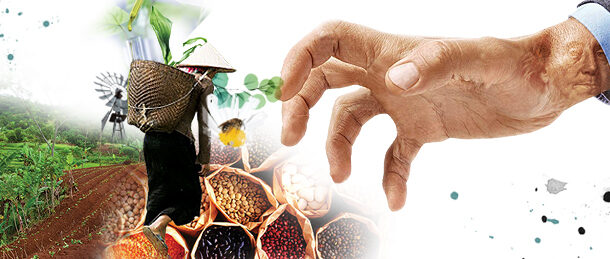Biden pledges to slash emissions by at least half by 2030, Japan and Canada follow suit
In one of the landmark moments of the decades-long climate debate, Biden’s commitment to cut emissions from 2005 levels by 50-52 per cent by 2030 came as he hosted more than 40 world leaders in an online two-day summit designed to re-boot efforts to deliver on the Paris climate treaty.
[…]The US pledge was designed to encourage others to follow suit. “We have to take action, all of us,” Biden said. “Countries that take decisive action now will be the ones that benefit from it. Time is short. We really have no choice, we have to get this done.”
It was quickly followed by news that Japan and Canada – often peers of Australia in the global “naughty corner” for dragging their heals on emissions – would follow the US example by increasing their targets.
Japan, one of the biggest customers of Australia’s fossil fuel exports, said it would increase its 2030 emissions reduction target to a 46 per cent per cent cut from 2013 levels – from its previous target of 26 per cent.
Prime minister Yoshihide Suga told the summit this was equivalent to a 70 per cent increase in its climate targets. He said the focus would be on decarbonising the power supply and increasing its use of renewable energy. Read: Japan’s pivot to renewables will kick Australian exports right in the thermals
Read the details in the Article by Giles Parkinson on the RenewEconomy website.



